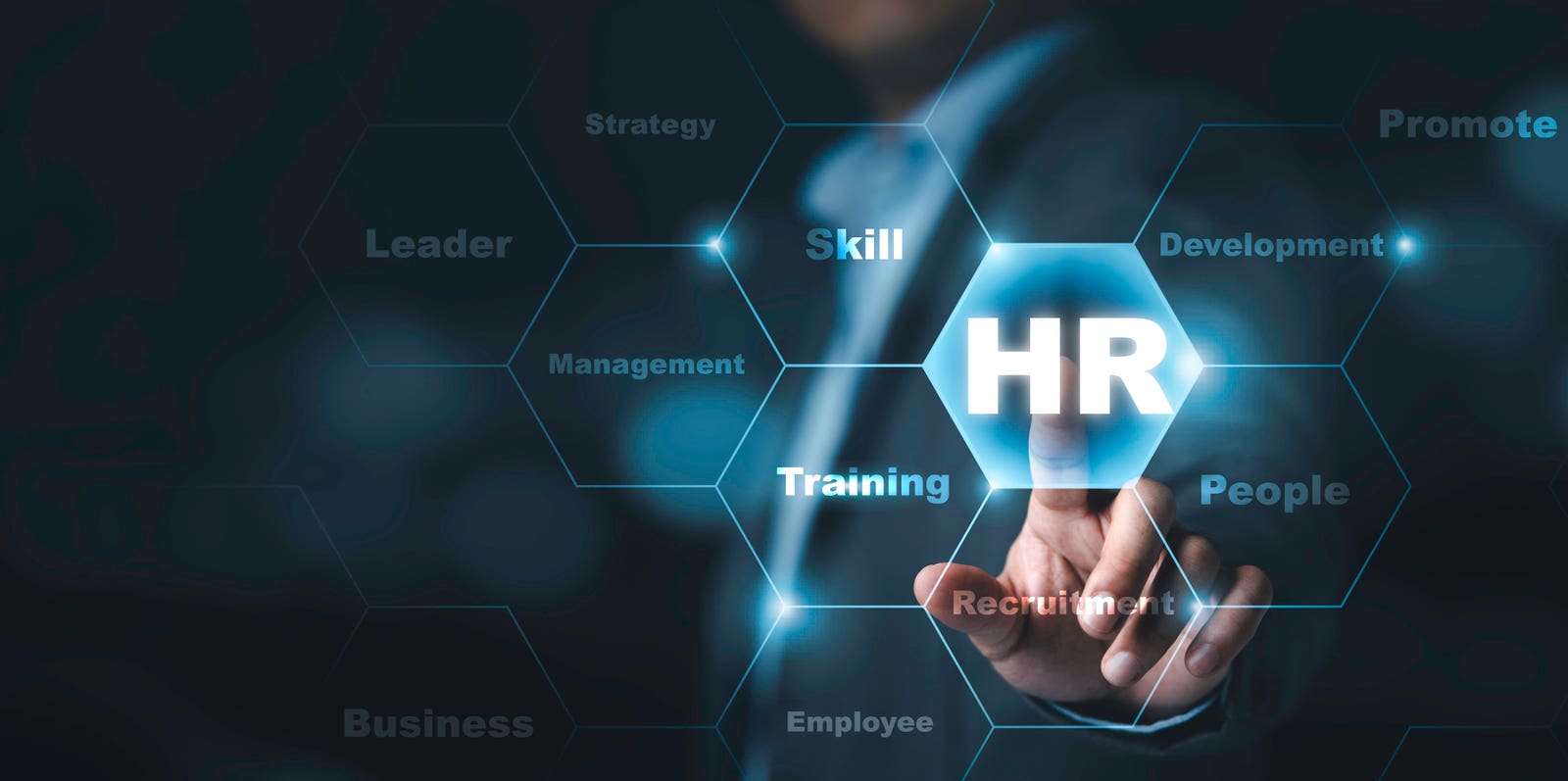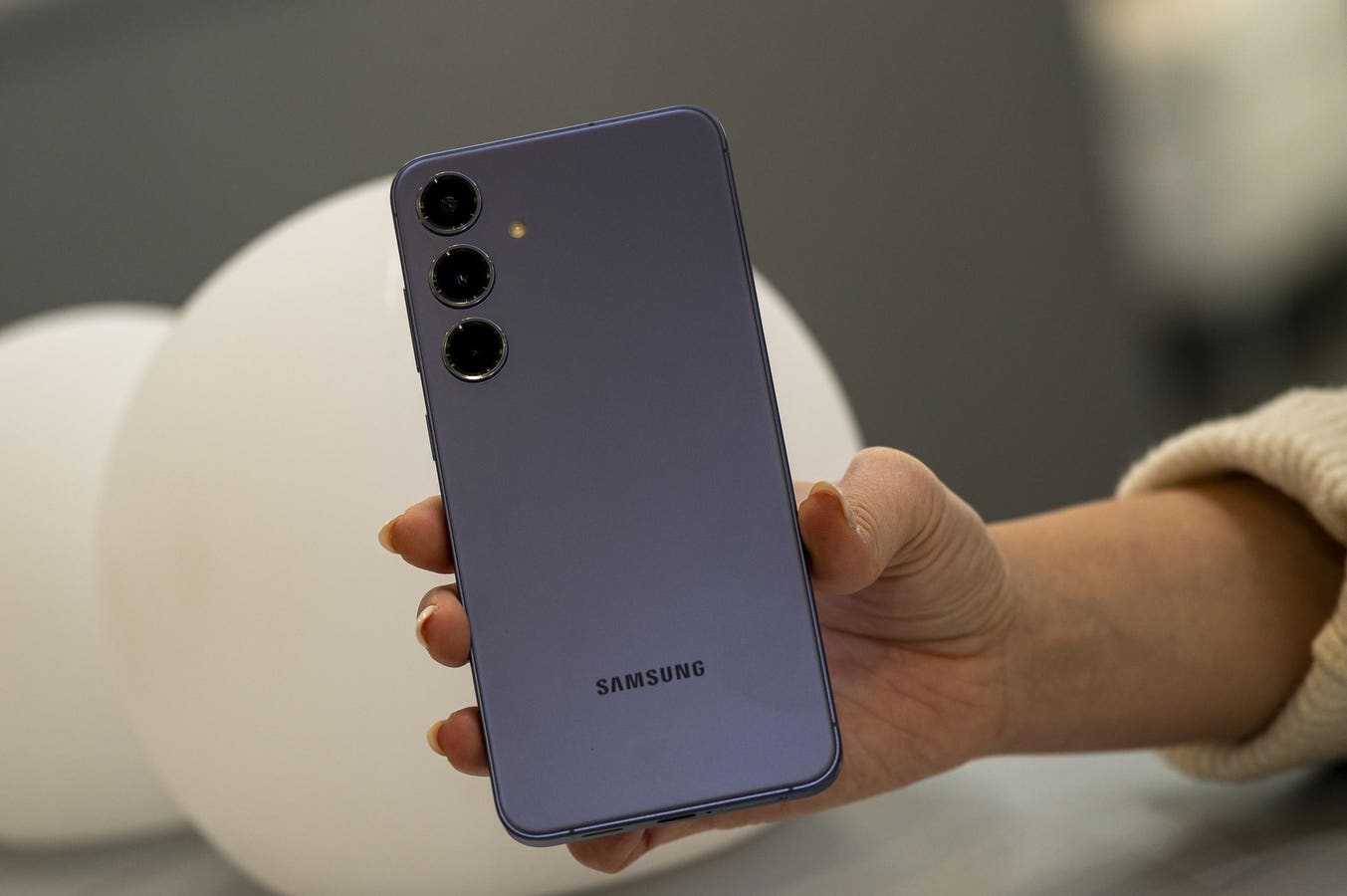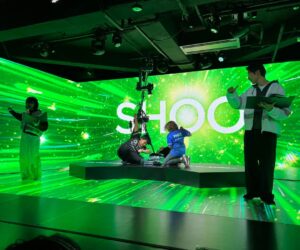BASED ON IIA Vinay Gidwaney E14-633 -AH – Google Drive
Businessman touching to virtual screen with infographic and HR wording , Human development and … More
How do you deal with a human resources department that’s run by robots?
It’s a big question that one that many of us will have to consider as the weeks and months go on.
AI automation is now a fact of life. It’s not science fiction. It’s not theory. It’s happening.
And that is being felt in the field of human resources – by the people who run these departments, and by the people who trust them to manage their affairs as employees.
Types of AI in HR
How does AI assist in HR?
Or to put it another way, what does AI do in HR departments?
Well, obviously, there’s talent and recruitment. There’s onboarding and offboarding. There’s, for lack of a better term, employee decommissioning, and the entire employee life cycle.
It’s more than just computers calculating your payroll. Increasingly, the AI agents are going to be doing the kinds of things that Nancy or Susie from HR used to do back when HR people had human bodies and human backgrounds.
This resource from the Academy to Improve Human Resources will give you a flavor of the various instances of AI that can add to HR departments.
The Conversation
Vinay Gidwaney has experience at the MIT Media Lab and with his company, One Digital, in figuring out how HR for AI works.
In a recent talk at Imagination in Action, he talked about a “lowest common denominator” in HR, and challenges coming down the pike.
“HR departments across the country are unprepared and woefully underskilled in the impact that AI is going to have on the American workforce,” he said.
He quoted Jensen Huang of Nvidia saying “IT will become the HR of AI.” I’m not sure exactly what that means, but in any case, he brought his own analysis that’s a bit different.
“We’re in the advice-giving business,” he said of his work at One Digital. “We sit down with small businesses owners, and we help them figure out their benefits and retirement plans for their employees, insurance and so on. And we sit down with American families and help them deal with their financial concerns and find success.”
AI, he said, gives “mediocre advice,” which is one reason that people have to be involved.
“People need to drive it,” he said.
Deep Personas for HR
Here’s a really interesting part of Gidwaney’s presentation.
He revealed that his company actually has AI coworkers – deep personas that are built for the AI parts of the HR department.
“We have a variety of AI co-workers that we deployed across the organization, and each coworker actually has a biography, they have a resume, they have experiences, they have skill sets, they have qualifications,” he said. “They even go through regular assessments. So we test them. They have continuing education plans. They even have human supervisors.”
He introduced us to Ben, Piper, Artie, Oliver, and a whole slew of AI entities that have their own human avatars, human back stories, and other characteristics, and explained that the human coworkers actually treat them as if they were humans in so many ways.
There’s even an AI hiring pipeline, where the company either discards AI interns, or promotes them to be apprentices.
It’s all part of a human-based approach, he said, that has its advantages.
“We want our AI to act and behave like humans within our organization,” he said, “and it’s incredibly important to design and model them in a way that replicates how humans act and behave in the company.”
One Digital advises 100,000 HR departments around the country.
Gidwaney talked about a system that’s ideal in maintaining HR as a discipline.
“How do you have a merit-based process of hiring and promoting people when people use AI and you don’t even know about it?” he asked. “These are the kinds of questions that we want to start to ask when AI comes into the company. It does fundamentally change the culture of your organization. All of a sudden, the work in your organization is being done by something that you as an HR department don’t have any control over.”
As a CTA, he appealed to the concept of proactive interpretation of how AI will help, and a real reckoning within company culture.
“HR needs to do what they do best, which is help humans succeed at work,” he said, adding that the AI questions shouldn’t just be left up to technologists, but asked all of the way through the enterprise. “And if they’re going to do that, we need to own the AI conversation in the company.”
More on HR
You can view the rest of the video from IIA where Gidwaney gets asked about bias and other areas of IT.
In answering these questions, he continues to explore how we’re going to deal with AI in our ranks – not just on the computer, but in our Slack conversations, and in meetings, and as digital coworkers who we need to acknowledge and recognize.
Presumably, not everyone will be happy about sharing the break room and the conference room with various AI “people,” but again, it’s going to be a fact of life rather soon. A while ago I wrote about Toby Lutke’s memo to Shopify employees telling them that AI is now mandatory. That is likely to become a pretty across the board reality pretty soon. Now you can also look back at recent blogs I’ve done on approaches like Alvin Graylin‘s manifesto, talking about replacing work with dignity as a human identity. We’re going to need to do that, too. But we can’t stick our heads in the sand and pretend that AI isn’t going to be next to us at the table.








